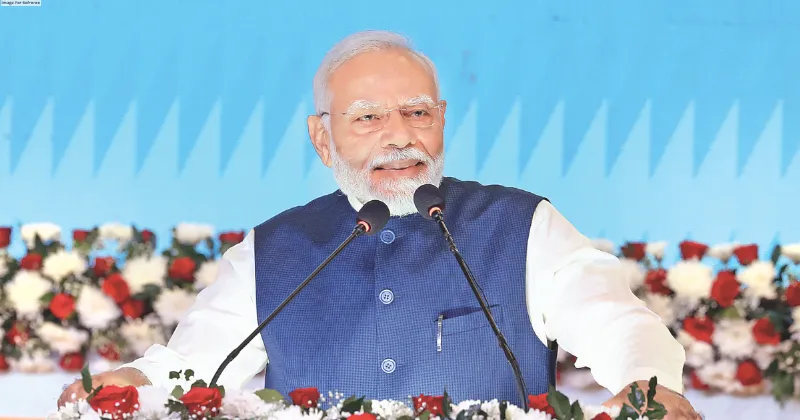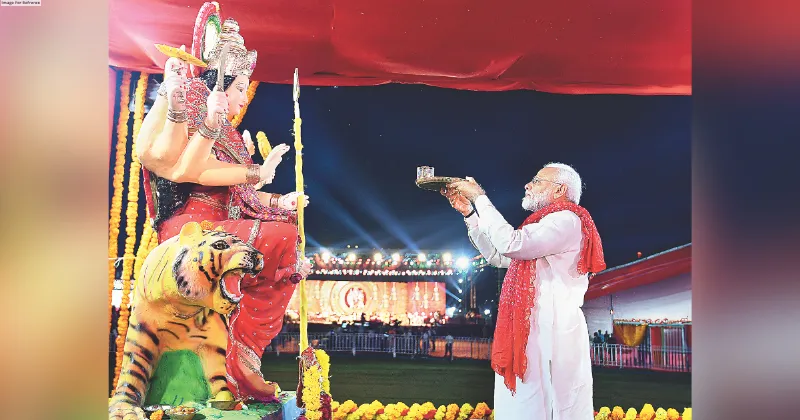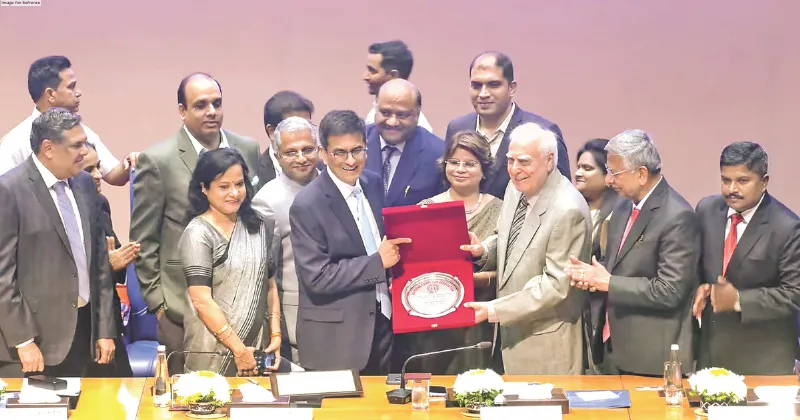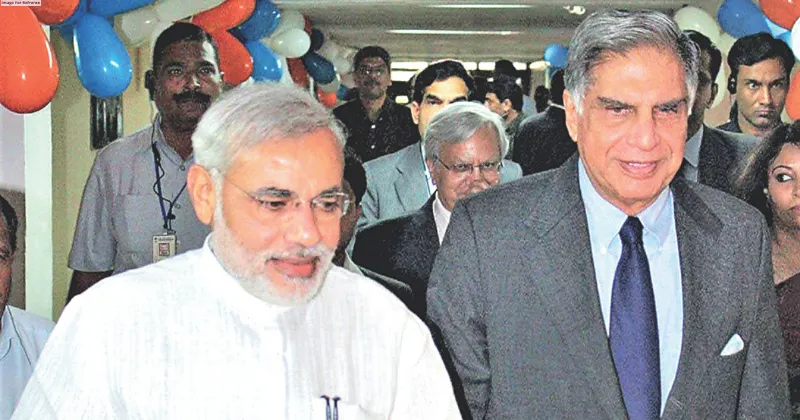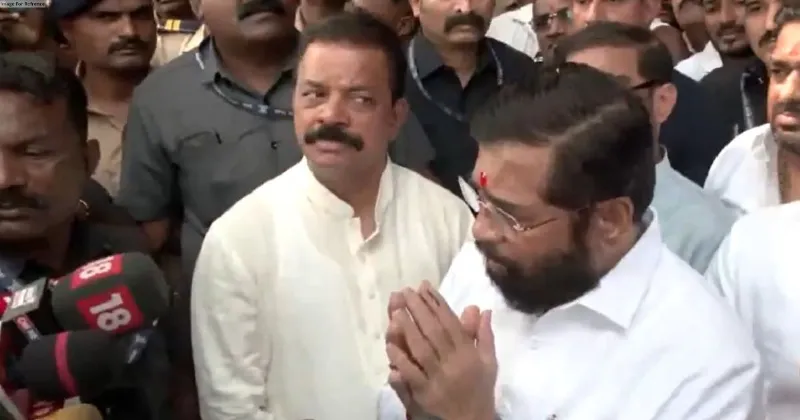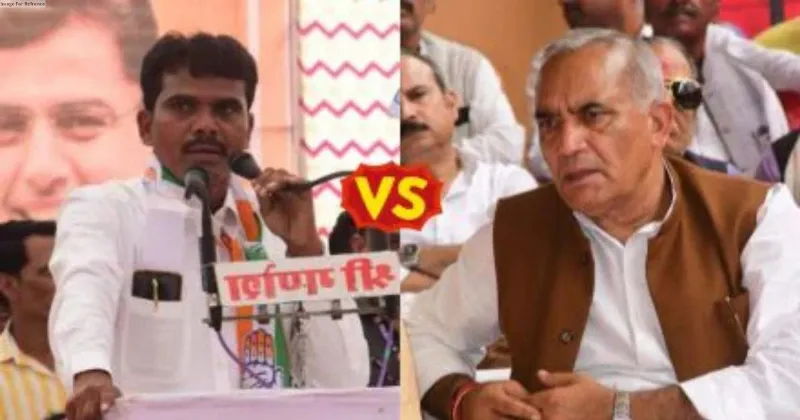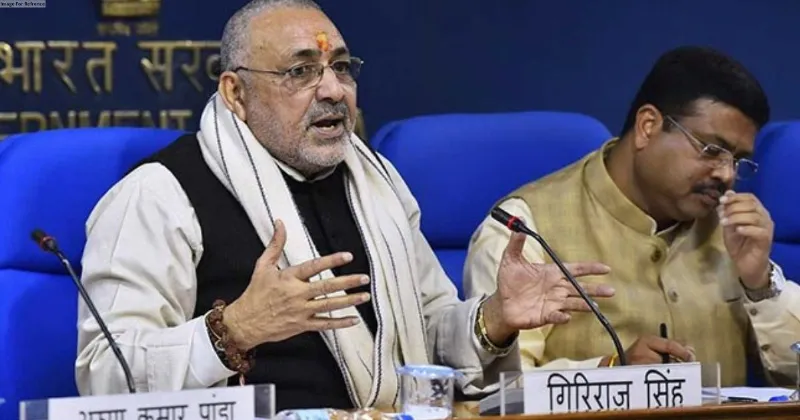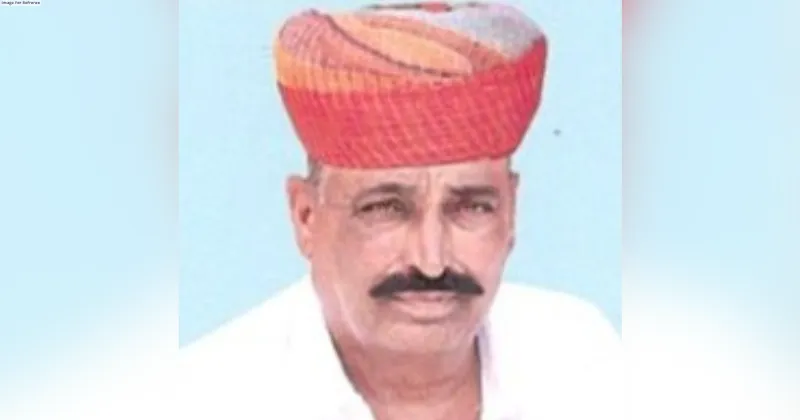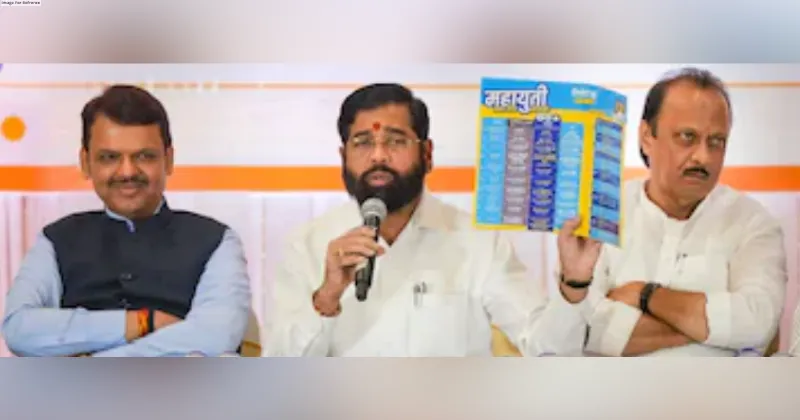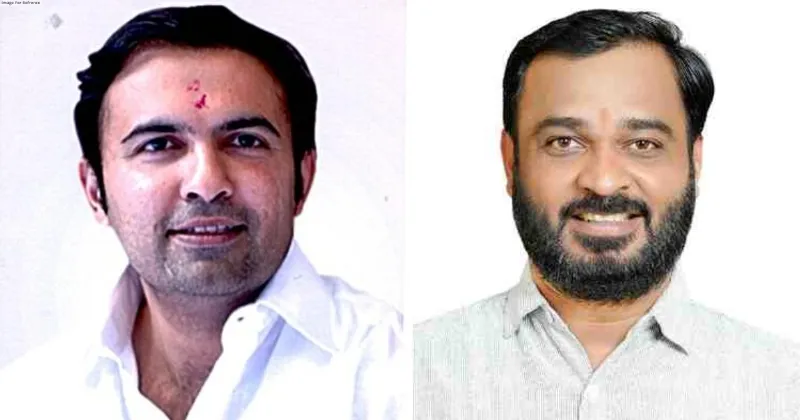Latest News
Section 124A is useful in the fight against anti-nationals, separatists and terrorists

The constitutional validity of the sedition law has been a subject of debate in India. Critics argue that the law is vague, overbroad, and can be misused to suppress dissent and curtail freedom of speech and expression, which are fundamental rights guaranteed by the Indian Constitution. The believe that the law should be removed to safeguard democratic principles and protect individual’s right to criticize the government or express their opinions without fear of prosecution. Supporters of the sedition law argue that Section 124A is useful in the fight against anti-national, separatist, and terrorist factors, among others. It defends the elected government against attempts to destroy it through the use of violent acts and illegal methods. Maintaining the legitimacy of the government established by law is a necessary condition for the cohesion of a state. If contempt of court results in criminal prosecution, then contempt of government should result in criminal prosecution as well. law argue that is necessary to maintain public order, national integrity, and sovereignty. They contend that the law acts as deterrent against anti national activities and protects the nation from internal threats. They believe that removal of the law might undermine the country’s security and stability.
The Sedition law in India is defined under section 124A of the Indian Penal Code. It states that whoever, by words, either spoken or written, or by signs or by visible representation, brings or attempts to bring hatred or contempt or excites disaffection towards the government established by law in India, shall be punished with imprisonment for life or with imprisonment which may extend to three years, with along with a possible fine.
CONSTITUTION OF INDIA
Article 19 (1) (a) Protection of certain rights regarding freedom of speech and expression. Article 19 of (2) Nothing in sub clause (a) of clause (1) shall affect the operation of any existing law, or prevent the State from making any law, in so far as such law imposes reasonable restrictions on the exercise of the right conferred by the said sub clause in the interests of the sovereignty and integrity of India, the security of the State, friendly relations with foreign States, public order, decency or morality or in relation to contempt of court, defamation or incitement to an offence.
CONTROL ON FREE SPEECH AND EXPRESSION
In 1951 the Nehru Government made a provision limiting Article 19(1)(a) of constitution of India against abuse of freedom of Speech and expression. The need to control Freedom of Speech arrived in 1950 when the government came under severe criticism in the press about its response to the refugee influx in West Bengal and extra judicial Killing of communist activists in Madras. The Administration censored the press, but the same was held unconstitutional by the courts. The congress government noted that in other countries with written constitution, freedom of speech and of the press is not regarded as debarring the State from punishing or preventing abuse of freedom.
MADE A SEDITION COGNIZABLE OFFENCE
The section kept drawing criticism in the independence India as well for being a hiderance to free Speech. Sedition was made a cognizable offence for the first time in History of India, during the tenure of Prime Minister Indira Gandhi in 1973, that is arrest without a police warrant was now permissible. In 1962 the Supreme Court of the India interpreted the section to apply only if there is Incitement to violence or overthrowing a democratically elected government through violent means.
Here are some notable judgments both in favour and against the sedition law in India.
Kedar nath Singh versus State of Bihar (1962): In this landmark case, the Supreme Court of India upheld the constitutionality of the sedition law ( Sedition 124A IPC). The court held that the law was a reasonable restriction on the right to freedom of speech and expression under Article 19(2) of the Indian Constitution. However, the court also emphasized that the law should be applied only in cases where there is a direct incitement to violence or public disorder.
Balwant Singh and Anrs v. State of Punjab (1995): The Supreme Court, in this case overturned the conviction of an individual under the sedition law for raising slogans in support of an independent Khalistan during a political rally. The Court reiterated that the law can be used when there is a call for violence or public disorder.
S.G Vombatkere v. Union of India 2022: The Supreme Court of India has agreed to hear the matter of the constitutionality of sedition. The central government is currently in the process of reexamining the matter. The matter is currently on hold till the re examination is completed. The Court also stated that sedition is put on abeyance till the re examination.
LAW COMMISSION IN ITS 249 REPORT FOR ADDING A PROCEDURAL SAFEGUARD
- The Law Commission recommends to Section 124A, requiring a preliminary inquiry by a police officer of Inspector rank before registering an FIR for sedition.
- Permission from the Central or State Government would be necessary based on the officer’s report.
- It proposes incorporating a provision similar to Section 196 (3) of the Code of Criminal Procedure, 1973, as a proviso to Section 154 of the same code for procedural safeguards against the use of Section 124A.
- The Commission suggests amending Section 124A to specify that it penalizes individuals “with a tendency to incite violence or cause public disorder.”
- The report proposes an increase in the jail term for sedition to a maximum of seven years or life imprisonment.
- Currently, the offense carries a term of up to three years or life imprisonment.
The framers of the Indian Constitution recognized the importance of safeguarding freedom of speech and expression while also recognizing the need for certain reasonable restriction to ensure the smooth functioning of society and the protection of other essential interests. While there may be instances where the application of these laws could potentially infringe upon freedom of speech and expression, the courts in India have often emphasized, the need for a narrow interpretation and strict application of these provisions to ensure that legitimate criticism or dissent is not stifled. It’s important to note that the Indian legal system relies on a delicate balance between fundamental rights and the maintenance of public order and security. The courts play a crucial role in interpreting and reconciling potentially conflicting provisions, ensure that the exercise of free speech is protected while also addressing instance of speech that can cause harm to individuals or society.
THE VIEWS EXPRESSED BY THE AUTHOR ARE PERSONAL
Ad. Abhishek Singh The writer is a Research Scholar


